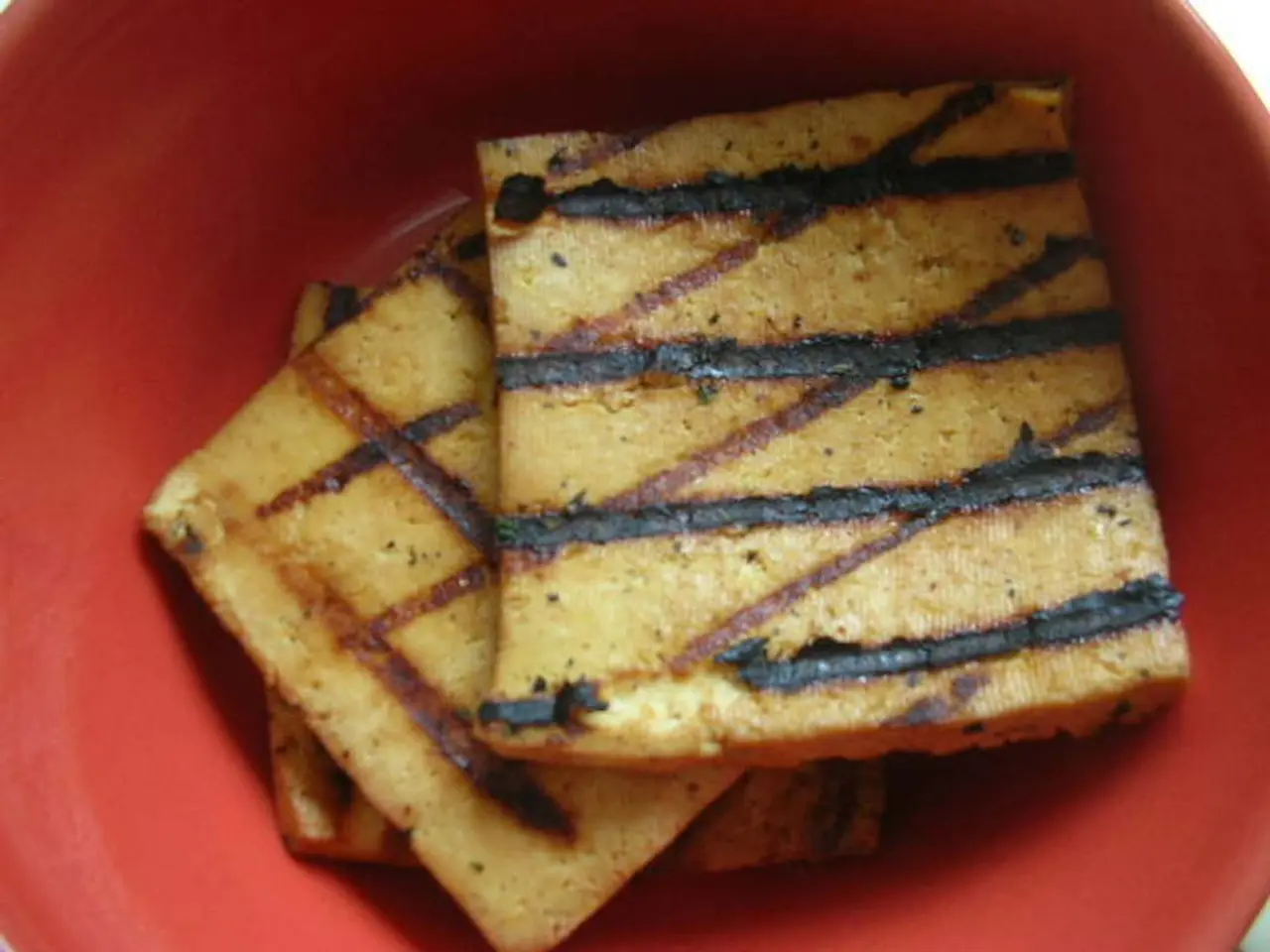The meaning of Passover
Celebrating Passover: A Journey Through Time and Tradition
Passover, also known as Pessach, is a significant Jewish holiday that commemorates the Jewish liberation from slavery in Egypt. This major festival, which is also called the festival of Matzah or the Feast of Unleavened Bread, holds great importance in Jewish culture.
The origins of Passover date back to the time when the Jewish people were enslaved in Egypt. After the tenth plague, the Pharaoh released the Jews from slavery, and they left so quickly that they could not wait for their bread to leaven. As a result, only unleavened bread, known as Matzah (or Matzo), has been allowed during the celebration of Passover ever since.
The Seder dinner, a special dinner traditionally held by Jewish families on at least the first night of Passover, follows a 15-part ritual. This ritual includes hand washing, readings from Scripture, and the consumption of Matzah and wine. The Seder meal is carried out on the best china and dinnerware available, and children participate in the ritual, learning about the history and significance of Passover.
The narrative of Exodus shares the story of the release of the Jews and the ten plagues before the Egyptian Pharaoh freed them. The tenth plague was the death of the Egyptian firstborn, and the Jewish people were instructed to mark their doors with the blood of a spring lamb to ensure the spirit would "pass over" their homes during the plague.
One of the most iconic events associated with Passover is the parting of the Red Sea. This miraculous event allowed the Jews to escape while the Egyptians drowned behind them. The last day of Passover is celebrated in remembrance of this momentous occasion.
While Passover is primarily a Jewish holiday, some Christian denominations acknowledge and celebrate it to acknowledge their Jewish origins. Messianic Jews, who are Jewish believers in Jesus as the Messiah and maintain Jewish traditions alongside their Christian faith, are the primary Christian groups that recognise and celebrate Passover. These groups have roots in 19th-century Jewish communities and emphasise a blend of Jewish heritage and Christian belief in Jesus.
In conclusion, Passover is a holiday steeped in history, tradition, and significance for the Jewish community. It serves as a reminder of the Jewish people's liberation from slavery in Egypt and the miraculous events that followed. Whether celebrated by Jewish families or Messianic Jews, the Seder dinner and its accompanying rituals continue to bring the narrative of Exodus to life, ensuring the legacy of Passover lives on.







